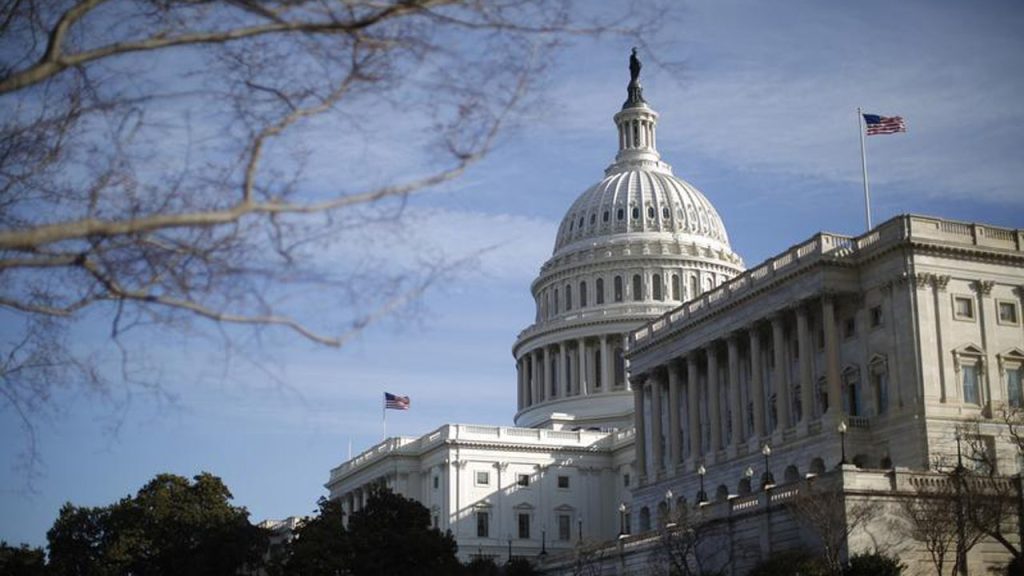The 119th U.S. Congress has signaled its intent to prioritize legislation restricting transgender athletes’ participation in women’s and girls’ sports. The House rules package designates a bill amending Title IX as its first order of business. This proposed amendment seeks to define sex solely based on an individual’s reproductive biology and genetics at birth, effectively barring transgender athletes from competing in categories aligning with their gender identity. This move follows a contentious election cycle where the issue of transgender inclusion in sports became a prominent focal point, particularly for the Republican party, which now holds control of the House. The bill is expected to undergo an hour of debate before moving forward. This signals a potentially significant shift in federal policy regarding transgender athletes’ participation in sports.
The proposed legislation marks a direct confrontation with current practices in many states. While 25 states have already enacted laws to restrict or prohibit transgender athletes from competing in women’s sports, the other 25 states lack such laws. Several states, including California, have even implemented legislation specifically enabling transgender inclusion in sports. The congressional action aims to create a uniform national standard, superseding the existing patchwork of state laws. This effort is likely to spark further legal challenges and debate over the balance between protecting women’s sports and ensuring fairness and inclusion for transgender athletes. Furthermore, recent judicial decisions have overturned some state-level bans, adding another layer of complexity to the legal landscape.
The Republican push for a national ban reflects the party’s stance during the 2024 election campaign. President-elect Donald Trump, with widespread Republican support, vowed to implement a complete ban on transgender athletes in women’s sports. This pledge resonated with a significant portion of the electorate, particularly those concerned about fairness and competitive balance in women’s sports. The upcoming legislative battle will likely reignite the heated debate that characterized the campaign season, with proponents of inclusion arguing that such bans constitute discrimination and violate transgender athletes’ rights. The political divide on this issue underscores the broader societal tension surrounding transgender rights and gender identity.
The proposed legislation contrasts sharply with the Biden administration’s earlier efforts to promote transgender inclusion. President Biden’s first-day executive order aimed to protect LGBTQ+ individuals from discrimination, including in school sports. Subsequent administrative actions sought to broaden the scope of Title IX protections to encompass gender identity, although the administration insisted this wouldn’t directly impact athletic eligibility. However, these efforts faced pushback from several states, leading to lawsuits and counter-legislation. The Supreme Court ultimately sided against the Biden administration’s request to enforce its Title IX interpretation in those dissenting states, signaling a significant legal setback for the administration’s approach.
This issue played a pivotal role in the 2024 election, becoming a key vulnerability for the Democratic party. Exit polls revealed that a significant portion of moderate voters considered Trump’s opposition to transgender inclusion in sports to be a factor in their decision-making. This suggests the issue resonated beyond the Republican base and influenced the choices of voters in the political center. The perceived vulnerability of the Democrats on this issue likely contributed to some losing their elections and ultimately shifting the political landscape. The upcoming legislative battle will test the Biden administration’s resolve to protect transgender rights against a resurgent Republican majority.
The shift in political power marks a significant turn in the ongoing debate surrounding transgender inclusion in sports. The Biden administration’s initial push for broader protections ultimately failed to gain traction, culminating in the abandonment of a proposed rule change that would have penalized schools for excluding transgender athletes. The Republican takeover of both houses of Congress signals a likely shift towards more restrictive policies at the federal level. The proposed Title IX amendment is seen as the first step in this new direction, setting the stage for a renewed and perhaps even more contentious debate over the rights of transgender athletes and the future of women’s sports. The ongoing legal and political battles will undoubtedly continue to shape the landscape of transgender rights and athletic participation in the United States.

